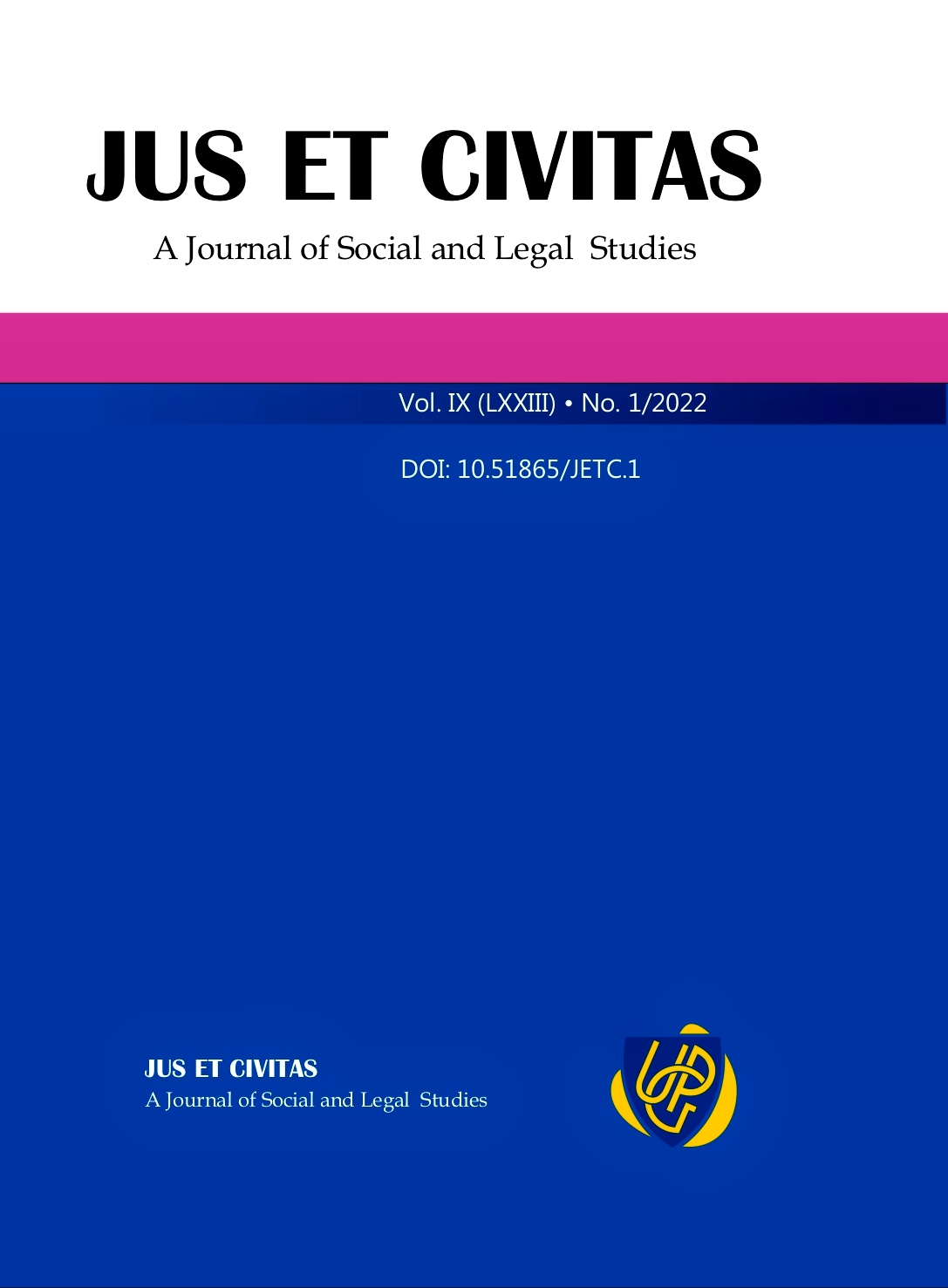The influence of perfectionism on the school performance of young schoolchildren
The influence of perfectionism on the school performance of young schoolchildren
Author(s): Popa Cătălina MarianaSubject(s): Education, School education, Educational Psychology, Developmental Psychology, Personality Psychology, Sociology of Education, Pedagogy
Published by: Editura Universitatii Petrol-Gaze din Ploiesti
Keywords: perfectionism; school performance; competition;
Summary/Abstract: Perfectionism amongst young children is a phenomenon that has just recently become a topic for research. In a highly competitive society, orientation towards performance and the attainment of very high standards coincide with the necessity to create a perfect “self” for the child. In this context dominated by the interest to create optimised children, we can talk about the development of a type of behaviour with perfectionist tendencies, whose consequences have started to draw the researchers’ attention during the past decades. Although perfectionism can be both positive and negative, research findings have shown that there are numerous factors that contribute to the development of maladaptive perfectionism in children, even from an early school age. The purpose of this research was to focus on the positive side of this personality trait by measuring the connection between the independent variable of perfectionism and the dependent variable of school performance, by also taking into consideration variables such as the parents’ influence and the competitive spirit in the educational background. To this effect, the instrument we used to measure positive perfectionism was the Questionnaire on Orderliness [Q3 factor: Perfectionism] on a sample of 101 participants, both parents and children, whereas the instrument we used for competitiveness was the Competitiveness Scale Questionnaire [HICs] on a sample of 51 subjects, consisting only of fourth graders. The obtained data were organized in Excel spreadsheets based on the Pearson correlation coefficient, in order to establish the connection between the variables. The main result of this research is that the subjects focus on quantitative results and on developing strategies to get higher grades, rather than on an efficient learning process. This study has opened up numerous research opportunities on the topic of perfectionism in the young schoolchildren.
- Issue Year: LXXIII/2022
- Issue No: 1
- Page Range: 8-18
- Page Count: 11
- Language: English

